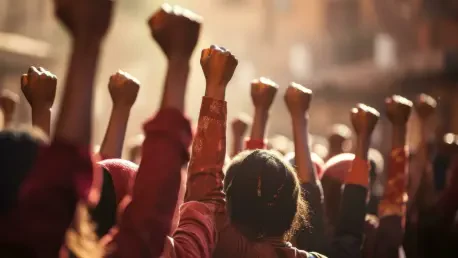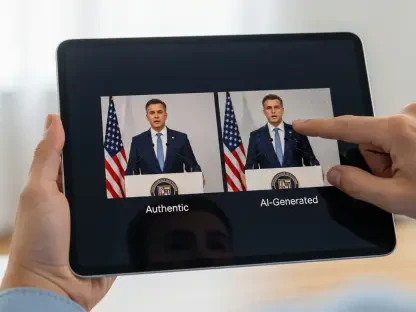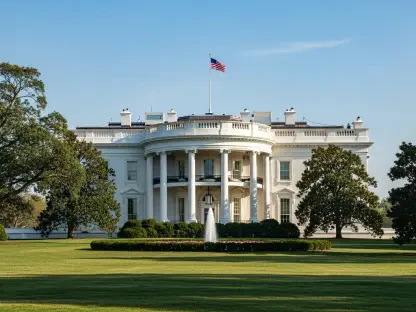The deployment of 2,000 National Guard troops to Los Angeles in response to immigration protests by former President Trump ignited a fiery national discussion. This move raised critical questions about its motivations and the balance between maintaining public order and respecting civil liberties. As experts, politicians, and activists weigh in on the implications, this roundup provides a comprehensive overview of viewpoints surrounding this contentious decision.
Contextualizing the Decision to Send Military to Los Angeles
The deployment sparked immediate outrage among Democrats across California. Governor Gavin Newsom and Mayor Karen Bass argued that it was an unnecessary escalation, given the capabilities of local law enforcement. According to them, the Los Angeles Police Department could manage potential protest-related disturbances without the need for military intervention. Many critics viewed the decision as an attempt to dramatize the situation rather than address any unmet security needs.
Political Motivations Behind the Military Deployment
Political analysts argue that Trump’s decision reflects an effort to showcase authority. While some see it as a deliberate political maneuver, others suggest it aligns with a pattern of portraying federal power as a solution to local issues. This perspective captures the broader concern among experts about potentially undermining democratic processes and civil liberties through increased militarization of public spaces.
Comparing Capabilities: LAPD vs. National Guard
Urban safety specialists highlight the differences between LAPD and National Guard capabilities, stressing that local police are trained for nuanced handling of civic protests. In contrast, the military presence could exacerbate tensions, creating more potential for conflict. Evaluating historical precedents, experts cite past situations where military deployments were seen as detrimental to maintaining peace, advocating for reliance on established law enforcement agencies with community-based approaches.
Criticism from Democratic Leaders
Across the political landscape, Democratic leaders expressed disapproval of Trump’s tactics. Senators Bernie Sanders and Cory Booker were vocal in questioning the inconsistency of Trump’s law enforcement strategies, comparing his decisive response in LA to the passive stance during the January 6 Capitol riot. This critique resonates with broader fears that militarization could suppress dissent and execute political control over civilian matters, a concern shared by individuals working in democratic institutions.
California’s Political Landscape: Regional Tensions
California’s unique political climate adds further complexity to the debate. The state has long been oppositional to federal overreach, with regional authorities challenging authoritarian policies that may infringe on civil rights. The clash between state governance and federal intervention highlights the ongoing struggle for autonomy and respect for local administrative power, particularly in maintaining delicate social dynamics in diverse communities.
Potential Impacts on Future Protest Protocols
Experts in democratic governance warn about the lasting implications of military interventions in handling civil unrest. They emphasize the importance of distinguishing between authoritarian and democratic responses, considering how these actions might set precedents for future protest management. Past experiences suggest that, unless carefully managed, such deployments may deter public demonstrations and curtail free expression.
Key Insights from the Debate
The discourse surrounding Trump’s National Guard deployment unveils several crucial lessons. Political theorists and peacekeeping professionals recommend prioritizing local law enforcement capabilities and non-militant strategies for managing protests, emphasizing community engagement over coercive control. This perspective aims to foster trust, mitigate risks, and uphold civil rights, advocating approaches that balance security with democratic ideals.
Reflecting on Military Intervention Concerns
In examining military involvement in civil affairs, scholars underline the importance of preserving democratic values amid political disruptions. Understanding the contentious presidential decision and potential erosion of freedoms prompts reevaluation of state-federal relationships. Encouraging constructive dialogues that bridge divides, adapt policies, and safeguard liberties were essential takeaways for fostering peaceful resolutions in future civil challenges.
In summary, this situation could inform ongoing efforts to refine protest management strategies within democratic societies, offering lessons on maintaining peace without compromising fundamental rights. The broader inquiry into military interventions reveals an urgent demand for dialogue, transparency, and collaboration, ensuring that political maneuvers do not eclipse the core democratic principles underpinning governance.









